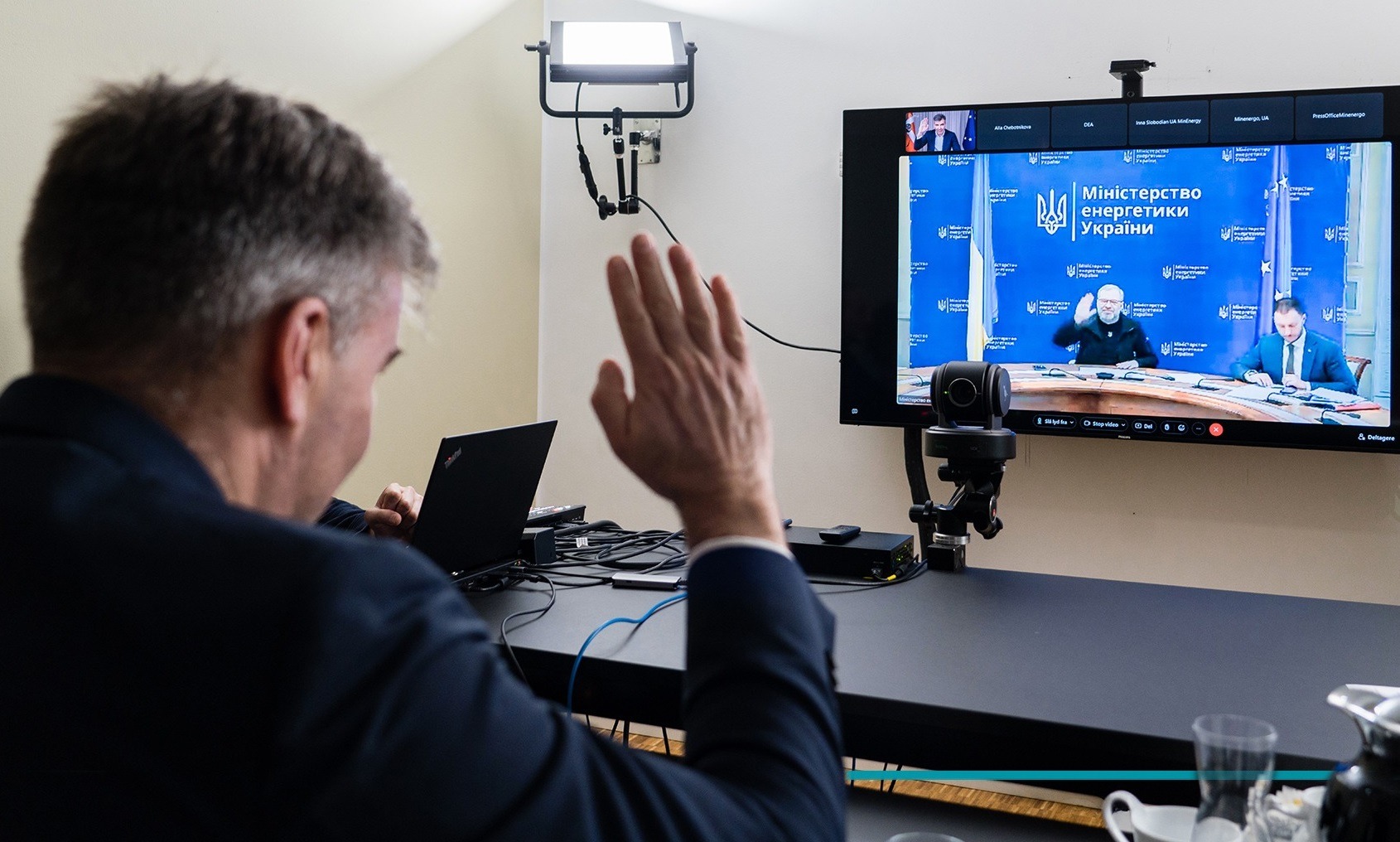Ukraine has encountered unfathomable loss in terms of life and property in the wake of the Russian invasion last year.
But the Ukrainians are planning to rebuild their nation and Denmark has offered to help with expertise within energy infrastructure – particularly in regards to onshore and offshore wind energy.
“With the agreement, we are now even more committed to ensuring that the Ukrainian people get access to electricity, increase their energy independence from Russia, and get the opportunity for a green reimagining of their energy infrastructure,” says energy minister, Lars Aagaard.
Aagaard announced the new five-year deal last week along with the Ukrainian energy minister German Galushchenko.
READ ALSO: Parliament approves billion-kroner Ukraine Fund
Getting back those gigawatts
Due to it’s immense size – being Europe’s second-largest country with huge swaths of agricultural land – there is significant potential for windturbines in Ukraine.
Before the invasion, Ukraine produced about 1.7 GWs of onshore wind energy. However, many of its windturbines have been destroyed.
In the short term, the agreement will see Denmark assist Ukraine in rebuilding and then expanding its onshore wind energy resources.
The long-term aspect of the deal involves investigating the potential for offshore wind energy.
Furthermore, Denmark will also help Ukraine develop legislation framework aimed at promoting wind energy in the country.















